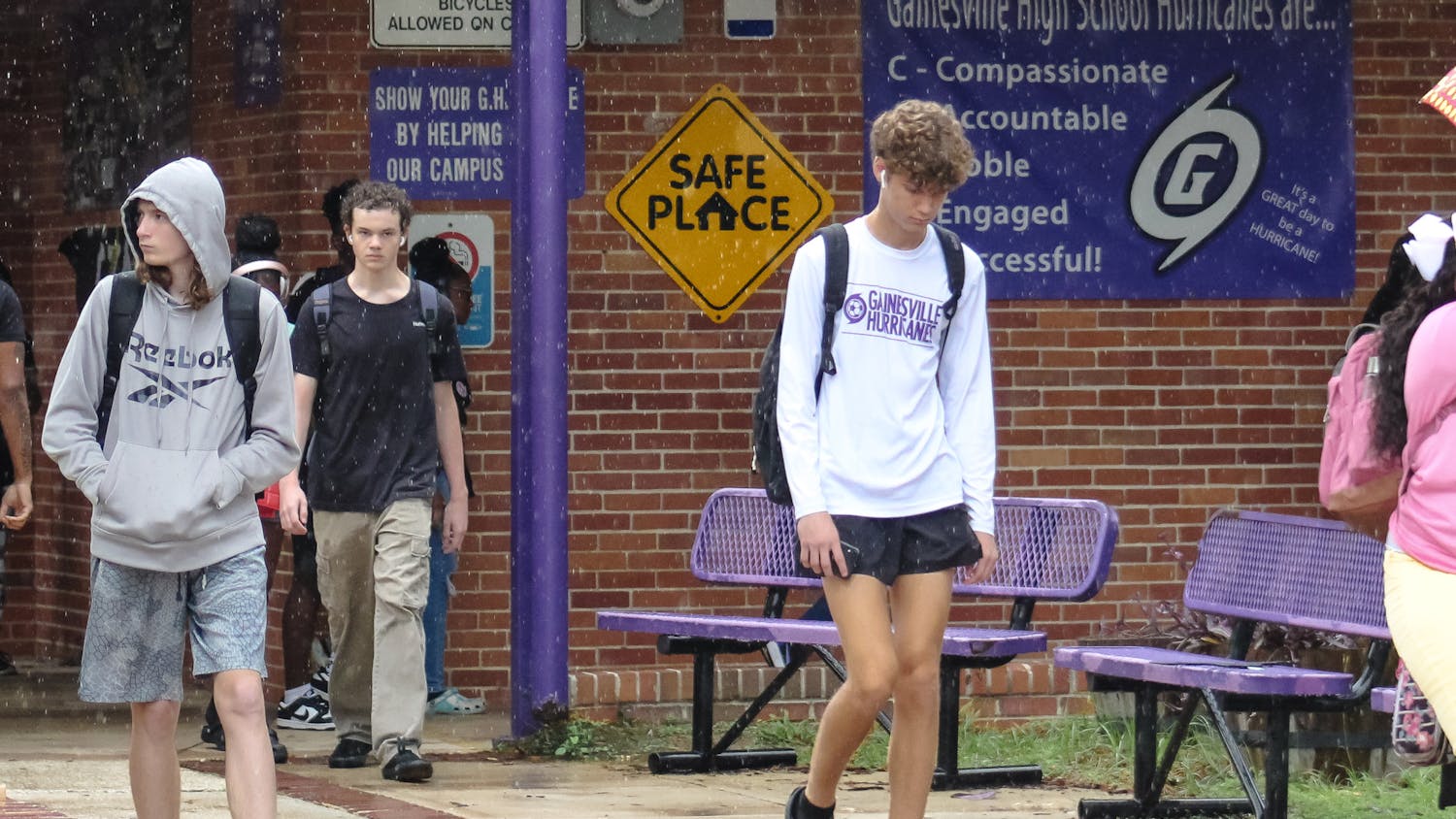Is your college education really worth the money and debt? Maybe.
Once upon a time, it might have been, but increasingly lower standards, government loans and a surplus of college graduates have significantly reduced the value of an undergraduate degree.
Yes, technically employers scrutinize applicants based on whether an applicant went to a university or not, but did the education process create a more knowledgeable individual? As a student, do you really feel equipped to conquer insurmountable problems in the "real world"?
Ever since elementary school, children are programmed to believe that the only way to ever achieve success in life is to earn a college degree.
In late spring of this year, the National Inflation Association released a documentary on YouTube called "College Conspiracy."
According to the NIA, currently 70.1 percent of high school graduates will attend a college or university despite consistent inflation of college education in recent years.
In the 1960s, less than half of all high school graduates attended college. Not obtaining a college degree was not a death sentence.
At this time, Americans are the most "educated" individuals in our history, yet we are currently in the middle of an economic downturn.
A poll conducted by Northeastern University and reported by The New York Times says that as of 2009, only 55.6 percent of college graduates younger than 25 work in a position that requires a degree while 22 percent of them work in a position that does not. The rest do not work at all.
The documentary shows how the government and the college-industrial complex will be creating one of the largest economic bubbles in history. The federal government has significantly reduced the barrier to students for receiving public loans, and it is killing the economy.
The longer students stay in school without a job, the longer people are not being productive.
On Bloomberg, Alexis Ohanian, co-founder of Reddit.com, said, "There are plenty of students out there who would really benefit from just avoiding a lot of the college stuff and just trying to create something."
A surplus of college-educated, minimum-wage workers is not the only problem in education reform. Students need to be actively involved in settings that are specific to their needs. Some learn better alone while some learn better in groups. Some have auditory learning styles while others learn through visuals.
Sir Ken Robinson, a British author and TED speaker, has been championing the torch in the urgency of immediate education reform starting from the top down. He believes the public educational system is out of date, constructed by people in the Industrial Revolution whose perspectives are radically different from those of people today.
"Every country on Earth, at the moment, is reforming public education. There are two reasons for it. The first of them is economic. How do we educate our children to take their place in the economies of the 21st century? And the second is cultural. It is for our cultural identity," Robinson said during his "Changing Paradigms" speech.
He finds that today's method of teaching children is archaic in design. Peers, parents and bureaucrats are doing a disservice to students by discrediting their interests and talents as unimportant - such as in the arts.
Robinson continued, "We are getting our children through education by anesthetizing them. We should be waking them to what is inside of themselves."
Students should protest for improvements like Students Against Mandates. Government should take a backseat and let the free-market decide.
Nicholas Butler is a journalism sophomore at UF. His column appears on Wednesdays.





